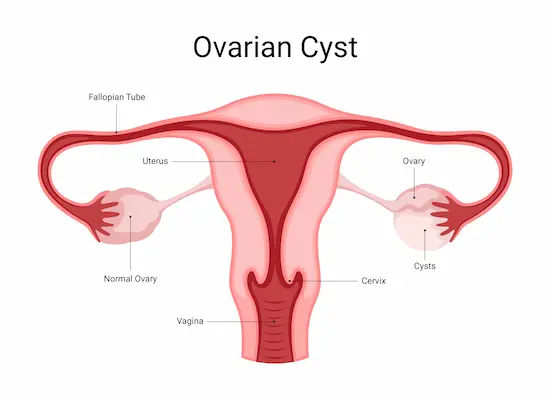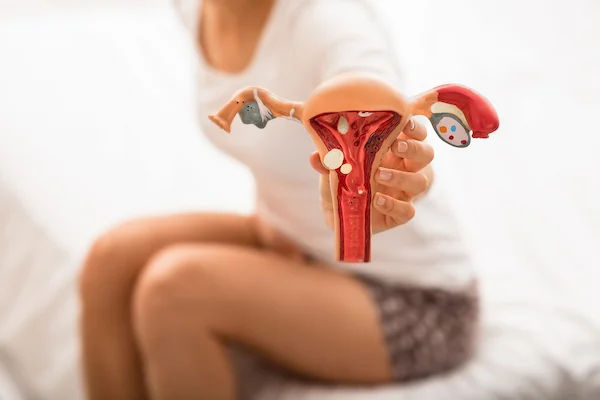- Female
- 26 Years
- 23/01/2025
I'm considering using pills for abortion and I'm worried about whether I'll face any problems in the future because of it. Could you tell me if it's a good or bad idea? Please help me out.
Answered by 1 Apollo Doctors
Abortion with pills (medical abortion) is generally safe when done under medical supervision and within the recommended timeframe (usually up to 10 weeks of pregnancy). However, its crucial to consult a doctor to ensure it's appropriate for your health, avoid complications, and receive proper guidance for care afterward.
Dr. Chandra Suggests...
Consult a Obstetrician and Gynaecologist
Answered 04/07/2025
0
0

More Obstetrics & Gynaecology Health Queries
View allI have a large 17 cm fibroid in the fundus area of my uterus, coming from the posterior myometrium. It's causing pain on the left side of my abdomen, but no lower abdominal pain. My USG shows my uterus is 9.4 cm. Are there any treatment options besides surgery that could help with this?
Yes, there are alternative treatments to surgery for a large fibroid like yours, though surgical removal (myomectomy or hysterectomy) is often considered the most effective long-term solution. If you're looking to avoid surgery, options include medications to manage symptoms or address the fibroid itself
Answered by 1 Apollo Doctors
Is it normal to have periods after 15 days?
Periods that occur in less than 21 days are considered abnormal and the following are the few causes such as hormonal fluctuations, uterine fibroid, endometriosis, uterine polyp, adenomyosis, stress, infections.
Answered by 1 Apollo Doctors
What happens if BV is left untreated?
It may lead to higher risk of sexual infections,gonorrhoea and chlamydial infections.
Answered by 1 Apollo Doctors
Disclaimer: Answers on Apollo 247 are not intended to replace your doctor advice. Always seek help of a professional doctor in case of an medical emergency or ailment.

.webp)



